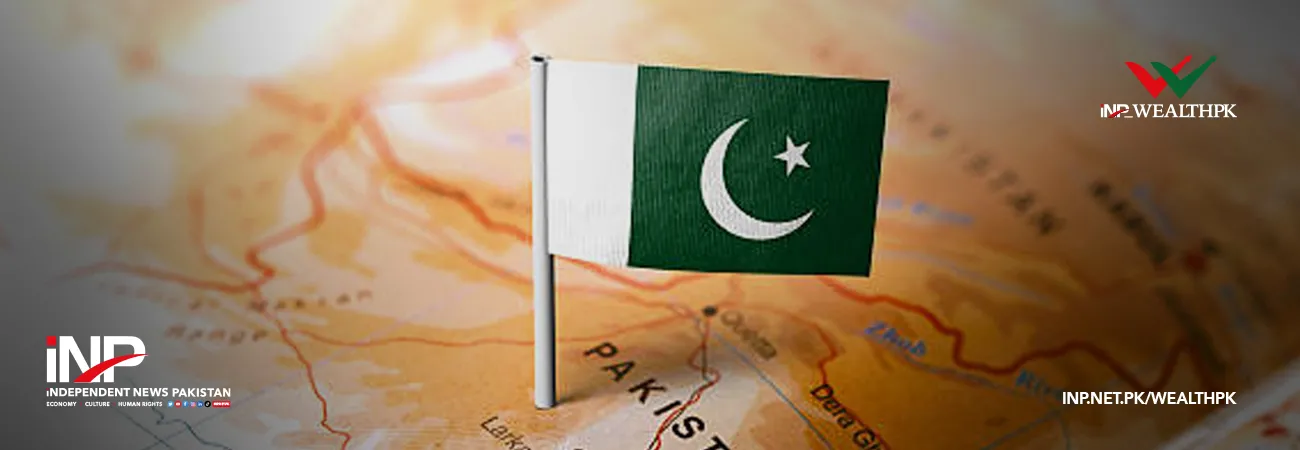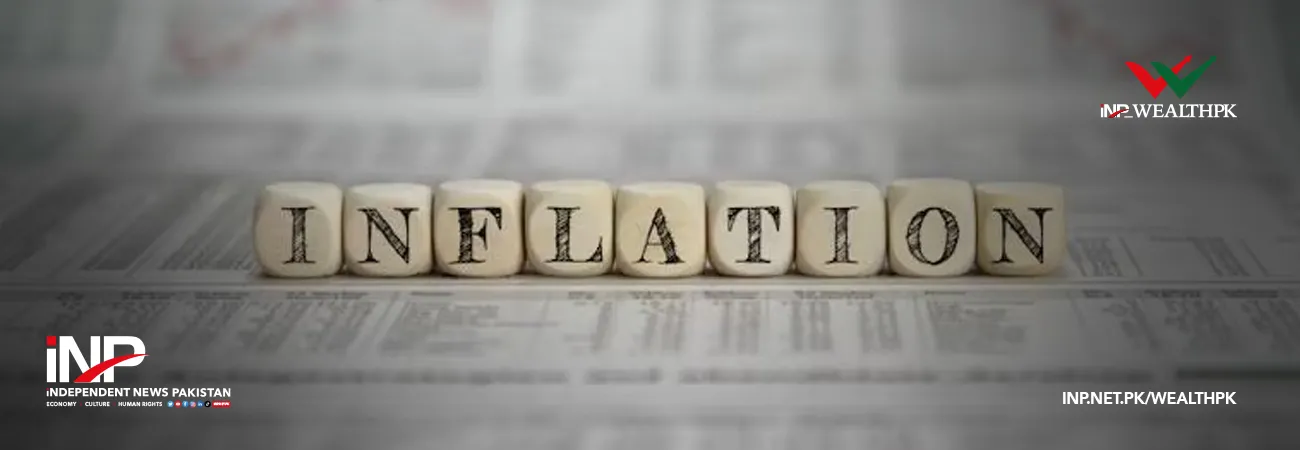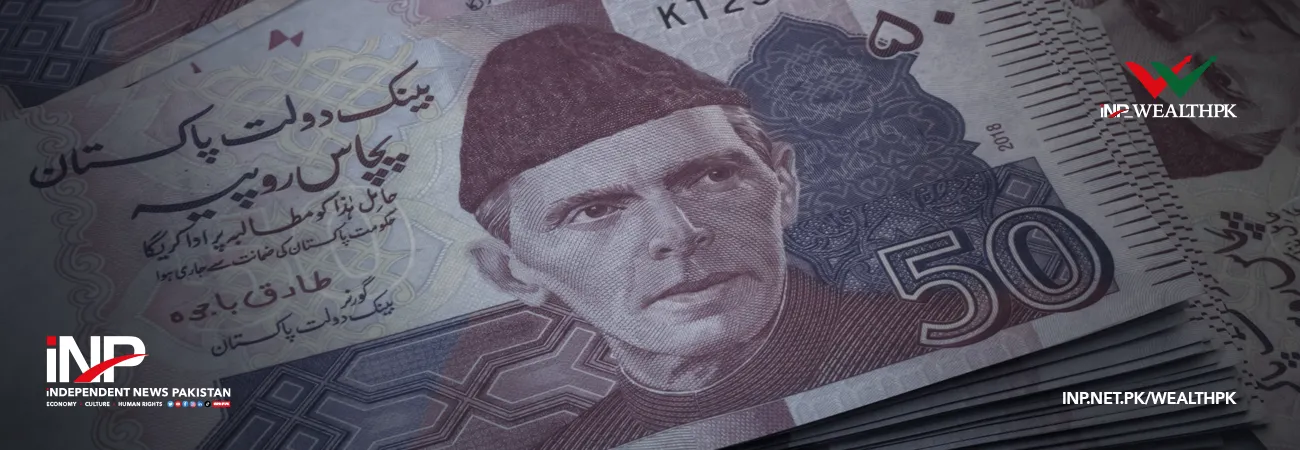INP-WealthPk
Muhammad Asad Tahir Bhawana
Pakistan's exports cannot grow and diversify sustainably without a long-term export policy and a well-articulated industrial policy that brings all stakeholders together. Bangladesh serves as an example for Pakistan, having benefited enormously from the executive oversight, especially in easing inter-ministerial fragmentation of authority, reports WealthPK quoting a Pakistan Business Council report.
The report further highlights that some key building blocks are needed for robust exports growth. These blocks include setting up a five-year National Charter for Exports under the government’s guidance so that the exports would get the consistent priority necessary. A long-term policy should facilitate planning and encourage investment to increase scale and improve competition by bringing all stakeholders together. Further, the report says, exports need to be the part of an industrial strategy that promotes manufacturing and includes sensible import substitution with sunset clauses to promote competitiveness. Without strong links between manufacturing and imports, an export policy can't sustain over the long haul.
Export incentives are funded by taxpayers and require agreed performance targets and proper accountability. For each sector, this should be done at least annually and there should be a condition for their continuation or adaptation depending on the achievement of prescribed, medium- and long-term objectives,” the report says. It further says, “Additionally, all import levies and domestic transaction costs, regardless of where they are incurred in the supply chain leading up to the final point of export, should be refunded to the exporter in order to maintain a competitive price.”
“Currently, there are no drawback systems or re-export schemes available to the smaller exporters. Exporting will be easier if they receive a standard refund based on periodic updates to their costs.” Uzma Zia, Senior Research Economist at the PIDE, said the Pakistani exporters should be allowed to acquire and develop the already-owned brands. The former is capital investment, while the latter is expensed when incurred. Both have the same goal of increasing exports, though.
More importantly, Pakistan can learn valuable lessons from the Turkish "TURQUALITY" Program, which funds the development of ten Turkish brands worldwide. The Pakistani brands will also become regional/global icons if a "PAKQUALITY" initiative is promoted under the PPP model. ‘’Further, because of their higher risk, the banks are wary of lending to the SMEs. As a result, they are unable to take on the risks associated with credit to the foreign buyers. The vendor financing and export house models would promote greater SME integration into the export chain,’’ she added.
Uzma said Pakistan should primarily pursue economic diplomacy as part of its foreign policy. In public statements, Pakistan's leaders should exercise diplomacy and not align themselves with any particular group to avoid marginalization and negative impacts on exports. ‘’Lastly, it is important to facilitate foreign business visitors' travel to Pakistan. There are sometimes problems with the visa system. Furthermore, our diplomats must strive to obtain more favourable travel advisories to positively impacts our exports through mutual agreements with foreign investors.’’
Credit: Independent News Pakistan-WealthPk













